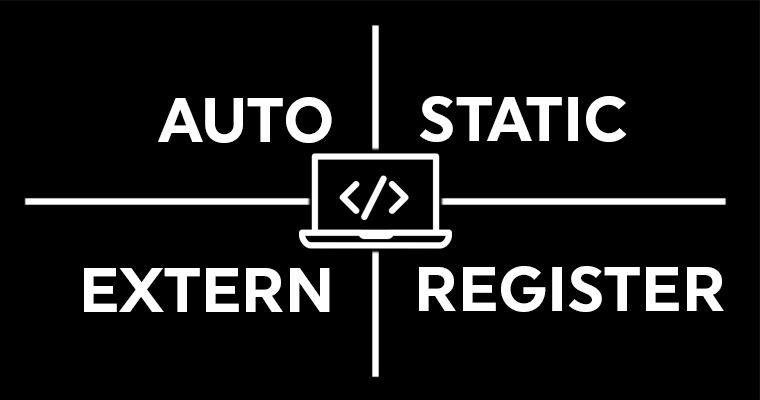by admin | May 29, 2015 | sem3
addressing modes Addressing modes are the ways how architectures specify the address of an object they want to access. In GPR machines, an addressing mode can specify a constant, a register or a location in memory. The most common names for addressing modes...
by admin | May 29, 2015 | sem3
Components of a computer system A computer is a fast and accurate device, which can accept data, store data, process them and give, desired results as output. The computer is organized into four units as shown in the following diagram. INPUT UNIT Any device designed...
by admin | May 29, 2015 | sem3
Eight ideas in computer architecture 1. Design for Moore’s Law The one constant for computer designers is rapid change, which is driven largely by Moore’s Law. It states that integrated circuit resources double every 18–24 months. Moore’s Law...
by admin | May 28, 2015 | sem3
SOURCE OF NOISE Noise means any unwanted sound. It can also be defined as unwanted form of electrical energy which tend to interfere with wanted signals. Classification of noise : According to the source of noise it can be classified as below. External Noise Internal...
by admin | May 26, 2015 | sem1
preprocessor directives in c The C Preprocessor is not part of the compiler, but is a separate step in the compilation process. In simplistic terms, a C Preprocessor is just a text substitution tool and they instruct compiler to do required pre-processing before...

by admin | May 26, 2015 | sem1
Storage classes in c A storage class defines the scope (visibility) and life-time of variables and/or functions within a C Program. These specifiers precede the type that they modify. The following are common Storage Classes in C Program, Auto storage class in C...

